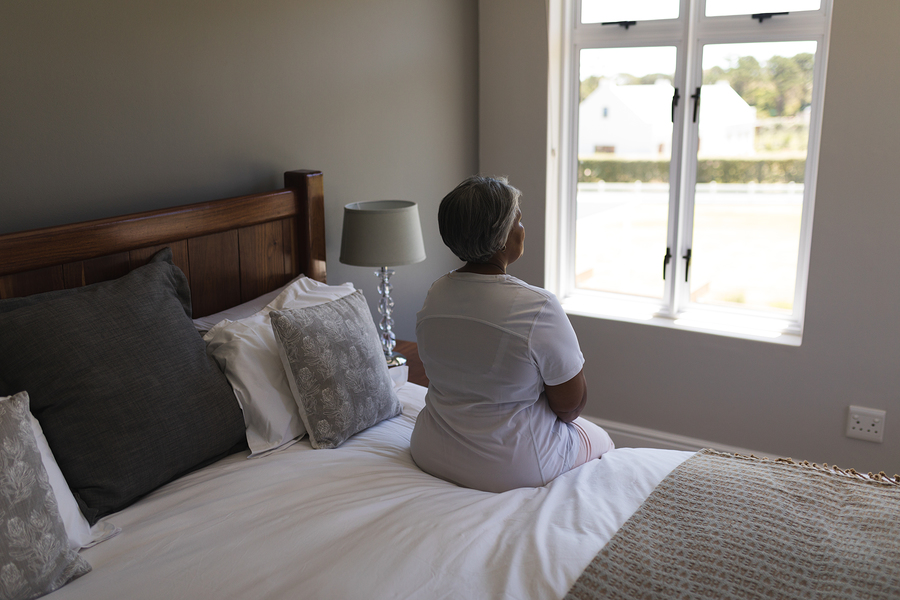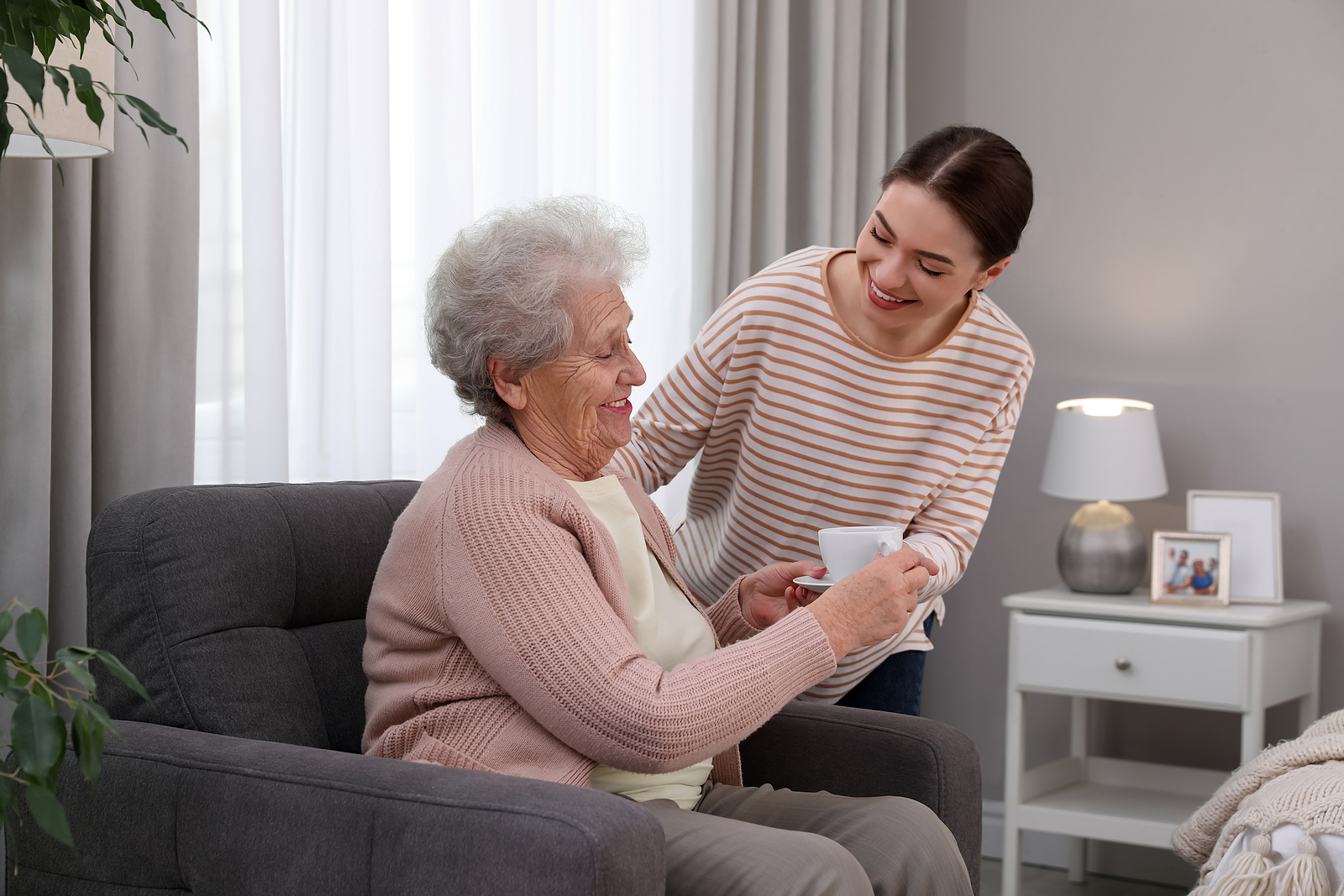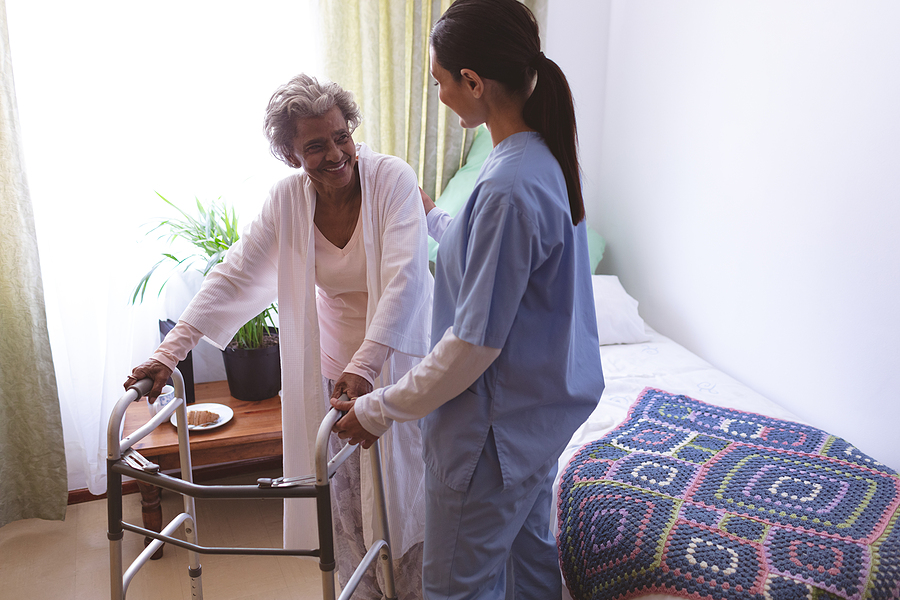Can You Help to Ease Sundowners Symptoms for Your Elderly Loved One?

When the sun is setting, many people wind down from a long day. They sit and watch television or lay in bed. However, if someone has dementia, relaxation at the end of the day doesn’t come so easily. Many people with dementia have sundowners syndrome. This is when they experience increased anxiety, confusion, agitation, sleeplessness, and restlessness. It usually occurs 2 to 4 hours before the sun goes down and can go on the entire night.
If you are a family caregiver, it would be a good idea to learn how to ease sundowners symptoms for your elderly loved one. In order to do that, there are some things you should know about this condition.
Factors of Sundowners Syndrome
There isn’t just one known cause form sundowners syndrome. However, after many studies have been done, professionals are starting to learn more about the contributing factors of sundowners syndrome. Some of these factors include the following:
- A dementia patient feeling like they don’t need as much sleep
- Having a disruption with the internal body clock
- Side effects from medications
- Inability to tell the difference between dreams and reality (leading to disorientation)
- Experiencing physical and/or mental fatigue
- Feeling exhausted after a long day
These are some of the reasons why your elderly loved one might have worsening symptoms of sundowners syndrome. Now that you know this, you or a home care provider can work to ease the symptoms your elderly loved one is experiencing.
Ways to Ease Symptoms of Sundowners Syndrome
Depending on the cause for your elderly loved one’s worsening symptoms, some of these tips might work better than others. Regardless, it is best to have all of these tips, so that you and home care providers can be prepared to help make your elderly loved one more comfortable. Some of the ways you can help to ease symptoms of sundowners syndrome for your elderly loved one include the following:
- Before the sun goes down, close the drapes and shades in your elderly loved one’s house (this way they don’t see the sky getting darker)
- Make sure there is enough lighting throughout the home (so your elderly loved one doesn’t realize it is darker outside)
- Organizing your elderly loved one’s daily schedule to include many activities to keep them busy (this helps to avoid day-napping so your loved one can sleep better at night)
- Schedule more relaxing activities later in your elderly loved one’s day (turn off electronics during the evening, as well)
- Limit sweets and caffeine in the afternoon and evening (eliminate these things altogether later in the day if possible)
These are some of the best tips for easing sundowners syndrome symptoms for your elderly loved one.
Conclusion
If your elderly loved one has sundowners syndrome, it is important that you help to ease their symptoms as much as possible. If you and home care providers use these tips, hopefully, they will help your elderly loved one to feel more tired and relaxed in the evening, so they can sleep instead of getting upset.
Sources
https://www.aarp.org/caregiving/health/info-2017/ways-to-manage-sundown-syndrome.html
Subscribe
Date: March 19, 2021


